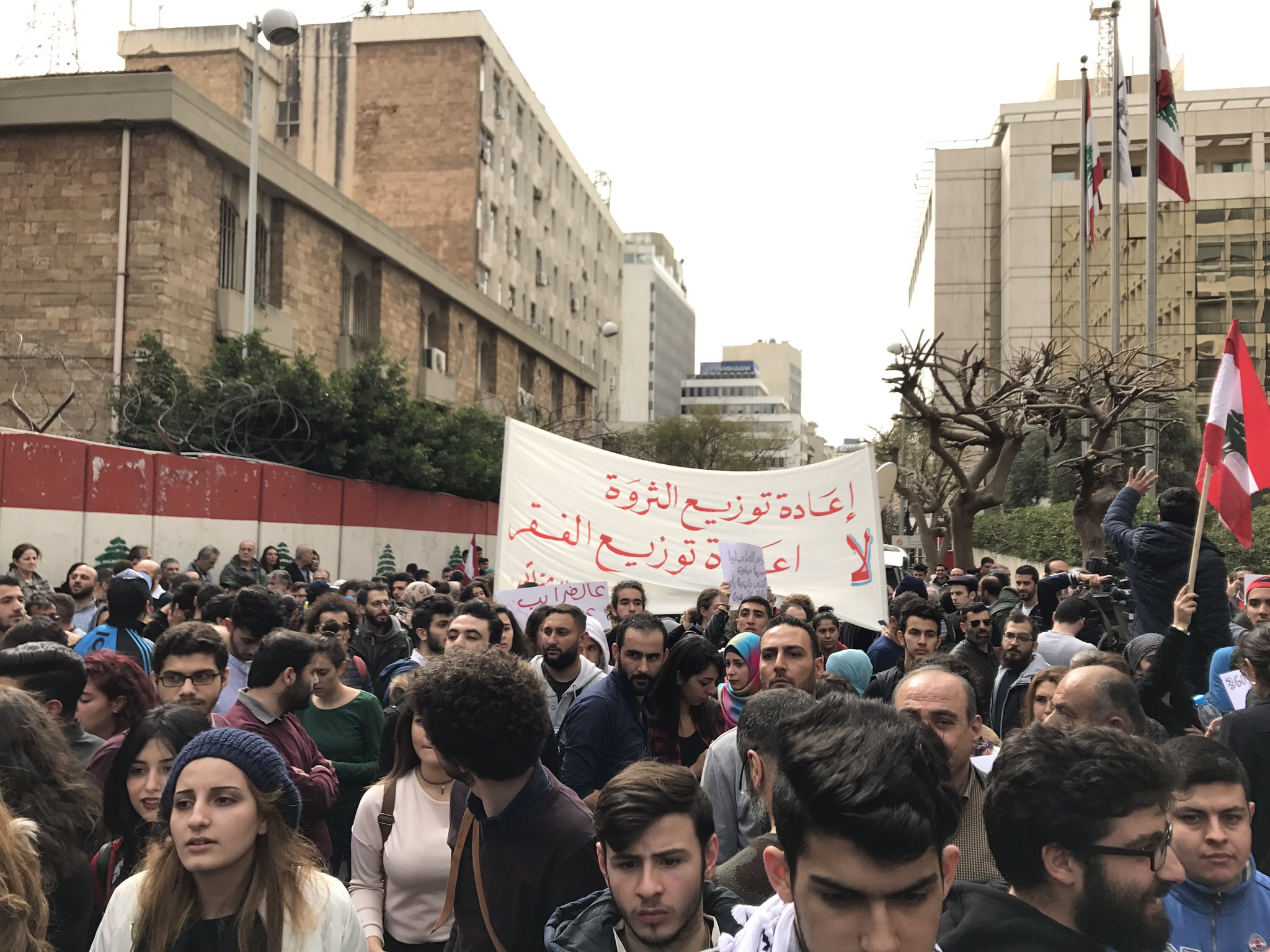
In a report published by The New Arab on Feb. 10, a Hezbollah official declared Hezbollah’s plan to establish a safe zone in Qalamoun, where Syrian refugees could soon be relocated from neighboring Lebanon. The first draft
of the deal proposed 24 terms to be negotiated between Hezbollah and a
militia in Qalamoun known as Saraya Ahl al-Sham. Syrian journalist Ahmad
al-Quasir, who has been following the situation closely, recently told
Al-Monitor that Saraya Ahl al-Sham was established by local opposition
forces in 2015 and is linked to the Free Syrian Army (FSA).
Under the initial terms of the agreement, Hezbollah and Syrian regime
forces would vacate the areas of Qalamoun where Saraya Ahl al-Sham is
present. Saraya Ahl al-Sham would also create local
committees responsible for the administration and policing of their
communities. Excluded from the deal would be several Christian-majority villages
along the M-5 highway. The road, which serves as an important supply
corridor for Hezbollah linking Damascus to the group’s stronghold in Lebanon’s Bekaa Valley, would be open to traffic to and from Syria and Lebanon. The arrangement also would provide major incentives to draw refugees
back to Qalamoun. Most notably, returnees would be issued identification
documents after screening by local authorities. New papers would be
hugely beneficial to the over 70% of Syrian refugees
who no longer have valid national ID cards, without which they cannot
travel, get married or obtain legal residency in host countries.
Returnees who join Saraya Ahl al-Sham’s brigade would also be exempt
from conscription into the Syrian Arab Army even if they had previously
fled Syria to escape the draft. They could return without punishment if
they join Saraya Ahl al-Sham. Quasir said renewed discussions of safe zone initiatives along the Turkish and Jordanian borders, following the recent endorsement of the United States,
was a key motivator for the proposed deal. Quasir said Hezbollah first
submitted the draft agreement in an effort to beat the international
community to the most practical area for a Lebanese-Syrian safe zone,
thereby determining the framework for itself.








